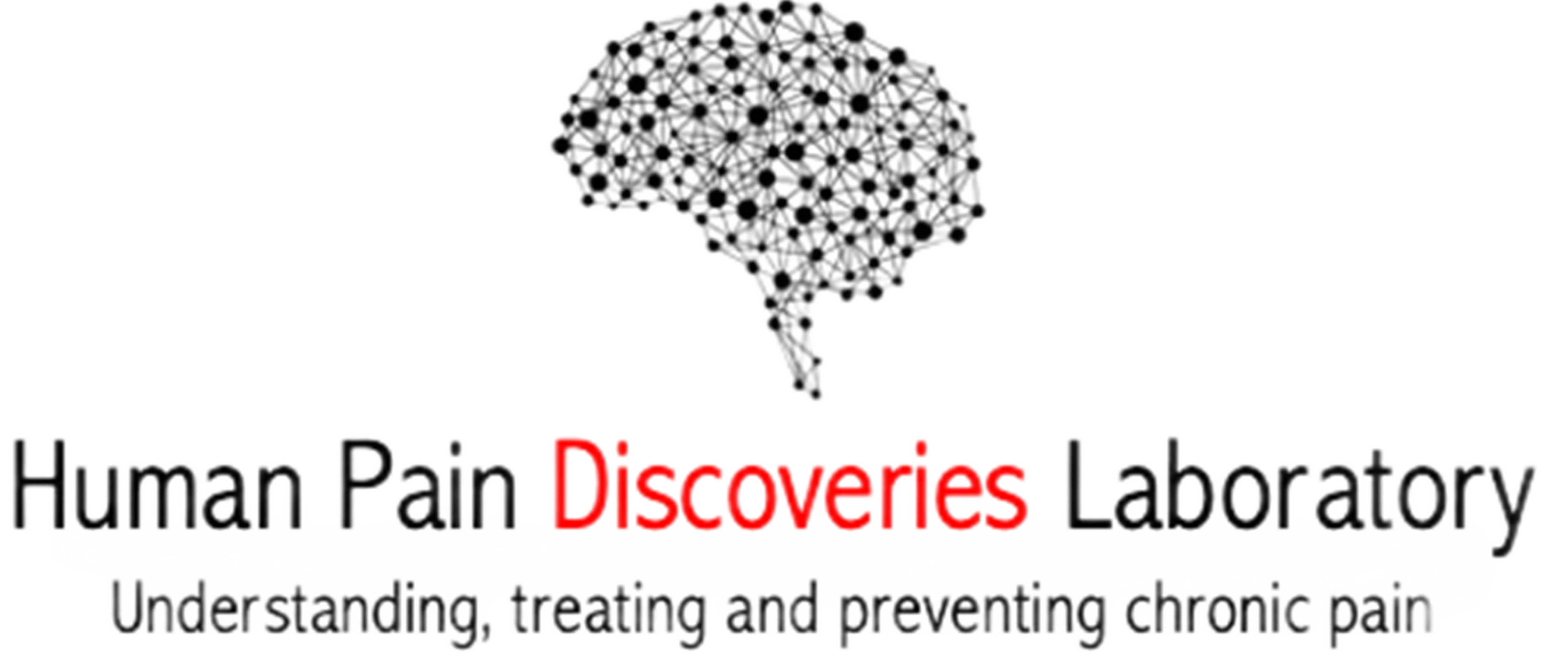Our Research
Persistent pain is a major global health problem and a leading cause of suffering and economic burden worldwide. Despite the scale of the problem,
persistent pain is poorly understood, poorly treated and cannot be prevented. Together, Dr. Schabrun and her team work to solve the problem of persistent pain by exploring the contribution of brain plasticity (‘rewiring’) and other biological factors (neural sensitization, neuroinflammation, multiomics)
to the development of persistent pain. We use this information to explore biomarkers for persistent pain and to design and test novel treatments that target the biology of pain and not just generic symptoms. In the future,
we hope to use this knowledge to design early-intervention strategies that can prevent the development of persistent pain.
To achieve our goals, our team uses a range of cutting-edge technologies including single, paired and,
repetitive transcranial magnetic stimulation (TMS), quadripulse stimulation, transcranial direct and alternating current stimulation and combined transcranial magnetic stimulation and, electroencephalography (EEG) recordings
to investigate the role of the brain in persistent pain and to alleviate pain. A key focus of our work is on alleviating pain by combining novel non-invasive brain stimulation treatments with traditional treatments such as exercise, steroid injections and transcutaneous electrical nerve stimulation (TENS).
The Human Pain Discoveries Lab is located within the Gray Centre for Mobility and Activity at Parkwood Institute and is led by Professor Siobhan Schabrun from the University of Western Ontario.
